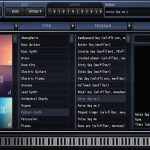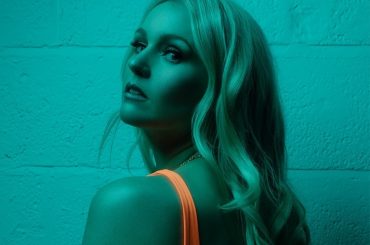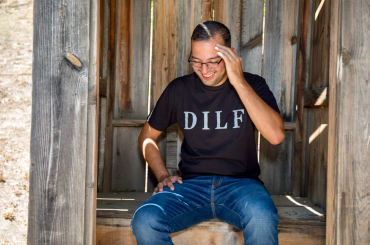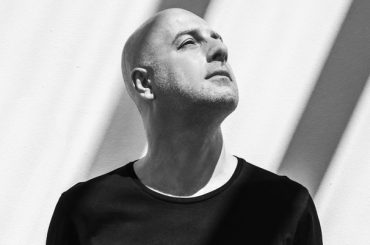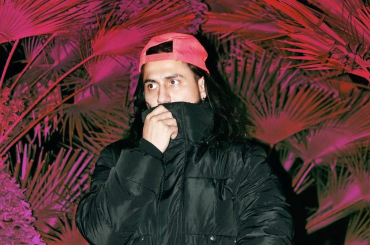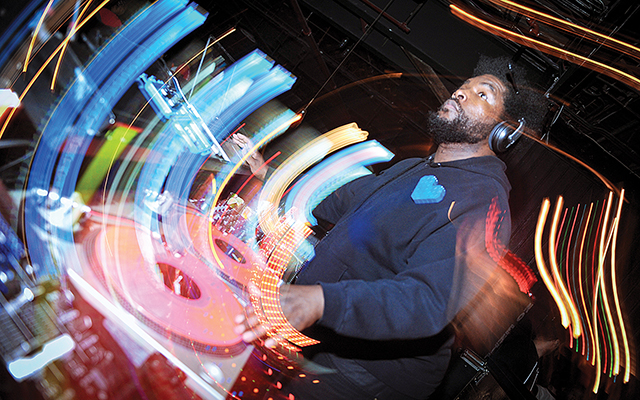
Questlove: One day, I had to wait until my parents were gone and I had to get out my mono Radio Shack turntable. My dad also had a mono Radio Shack turntable and I had to put four records on top of it just to scratch it. That’s how I would practice. And I had a good half-hour before my sister came home to snitch on me…
DJ Times: But no mixer?
Questlove: No mixer and, for the life of me, I couldn’t figure it out. I thought, “Oh, maybe it’s three turntables!” So I had a Fisher-Price turntable in the basement and it took me the whole summer of 1981, but I mastered it. I was able to do that mix with no mixer, just three turntables, and cheating on “Apache” by using his version. After that, I’d ask dad, “Hey, if there’s turntables in here, can I DJ as well between sets?”
DJ Times: You mean when they were touring?
Questlove: Yeah, normally, they’d do five sets and, in between them, they’d usually throw on a tape. So, maybe at 11, I’d begin DJing in between sets and that’s pretty much what got me into it.
DJ Times: So you went out and got some gear at some point?
Questlove: Not really, no gear. I tried to do residencies between 1987 and 1994. The “Throwback Culture” was starting to creep into clubs, things like Groove Collective and Giant Step events—that was coming to Philly via King Britt. So, King started the Back 2 Basics party about 1989 or ’90.
DJ Times: How’d he help?
Questlove: Somehow I gained the trust of King and thought, “Oh, King will let me do a half-hour.” But in order to kill it and earn respect, I needed a place to practice. So, unbeknownst to my parents, I would go to neighborhood bars in West Philly and they would let me play on their set-up and practice. At that time, I was selling insurance to pay for demos and I’d get home at 2 a.m., but sometimes I’d get home at 10 p.m. So that’s how I earned their respect.
DJ Times: Were you spending all your money on records?
Questlove: Absolutely. Actually, when I first heard “Wheels of Steel,” pretty much every day, my goal was to ask 30 people for 10 cents, because back then records cost about $2.99 each—or $3.17 with tax. I was in the 6th grade and that’s how I built my collection.
DJ Times: What were you buying?
Questlove: Sugar Hill, Trouble Funk, Grandmaster Flash, a lot of Enjoy Records. And Philly was well-represented in the breakbeats. I didn’t understand that my dad’s record collection was legit until 1987-88, when hip-hop became “name-that-tune.” So it was like, “Oh, I can spin this Bill Withers record?”
DJ Times: You talk a lot about your family’s record collection and how that informed everything that you do now.
Questlove: I grew up in a house with three very distinct record collections, not to mention that they had to collect music for work.
DJ Times: Your sister was into ’70s rock music, right?
Questlove: Exactly, and dad was into a lot of vocal stuff, any Brill Building-era stuff. He liked vocalists—he liked Streisand. Then my mom was probably closest to me. If she were closer to my age, she would’ve been a crate-digger. She was strictly judging on design and how they looked. She was a big fan of, like, Mati Klarwein, who did the cover to Bitches Brew, things like Santana and Buddy Miles. My sister was trying to socially fit in her school situation. Her music tastes reflected what her girlfriends liked, go with the flow…
DJ Times: Well, in the ’70s, radio could be pretty diverse. You’d put on a pop station and you might hear Willie Nelson next to Tavares or something…
Questlove: Right, right—that’s what was going on, so it was about collecting all the pop 45s. So, even by the time I was the age of three, I knew Bowie, I knew Aerosmith, even Kiss—all that stuff was in my vocabulary. The funk collector was my mom. Pop and rock was my sister. Vocals was my dad—I call it the yacht rock of his day.
DJ Times: Of course, there was Soul Train…
Questlove: Yes, then there was the TV—I wasn’t allowed to really watch television, just things that were musical. On top of that, my dad, who had the second phase of his career with the nostalgia phase, would take us for weekly binging trips to the record store. There was always a mom-and-pop store in West Philly. We’d pick out 20 to 30 records, 45s, every week.
DJ Times: What do you think about the modern DJ scene? Where do you fit in?




